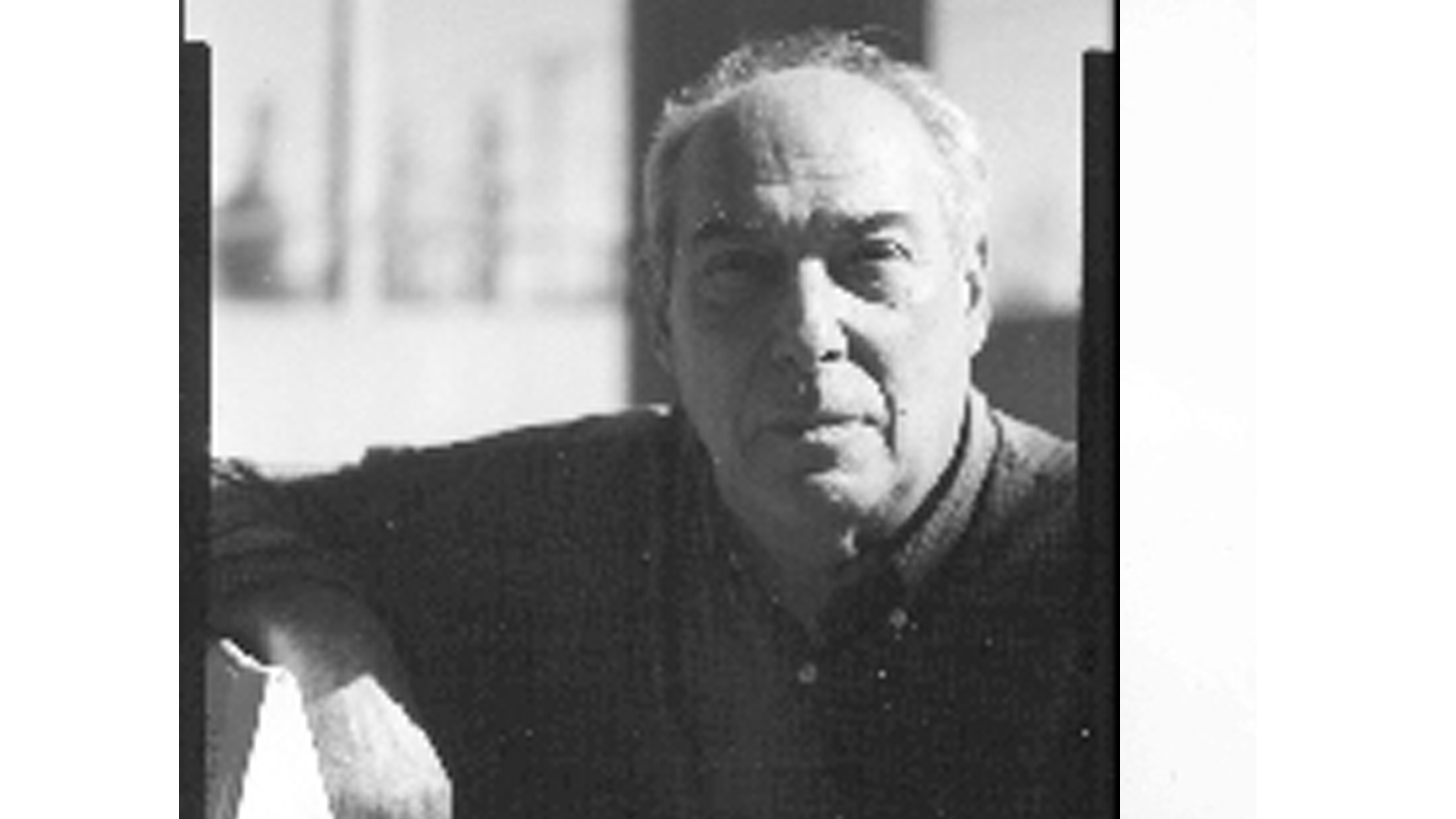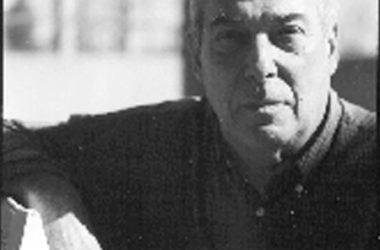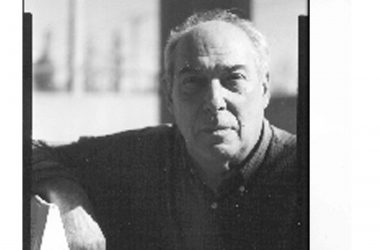On being asked what he thought of Western Civilization, Gandhi is reported to have replied, “It would be a good idea.”
I do not oppose the teaching of the Greeks and Romans, the Bible and Shakespeare. The classics (at least the ones I have read) have shaped the modern world, and everyone would benefit from studying them. I do oppose positing a “Western Tradition” in which, in the words of Eric Wolf, “ancient Greece begat Rome, Rome begat Christian Europe, Christian Europe begat the Renaissance, the Renaissance the Enlightenment” and so forth. Such an account is both wrong and misleading. For example, it cannot account for the many Greeks who fought in the Persian armies against the Hellenic alliance. And it creates a mistaken idea of how culture develops.
The ancient Greeks traced the roots of their culture to Egypt. As a trip to the Museum of Fine Arts will show, the Upper Nile (modern Sudan) was a source of Egyptian culture. Genesis came from Mesopotamia; the Biblical patriarch Abraham (if he existed) was an Iraqi shepherd. During the Hellenistic age, Greece faced East, not West; Alexander the Great conquered Persia, and Persia conquered Alexander. Christian doctrine drew heavily on notions that were circulating widely outside of what would later become the Holy Land.
The European Renaissance was a moment of world-historic significance (as acknowledged by leaders of newly emerging countries who made great efforts to introduce Shakespeare to their constituents), and the great works of classical antiquity were important sources of it. But following the “fall” of Rome, at a time when Western Europe was mired in ignorance and superstition, it was Byzantium and the Islamic world that kept alive the classical traditions of humanism and scientific inquiry, and even the actual works of the Greeks and Romans. Islam was influenced by East and West.
We must reject any notion of human history that sees cultures, and especially the “Western Tradition,” as products of separate hermetically-sealed regions. If I recall my grade school studies, settled agriculture, urban life, patriarchal religion and the state were born in the Tigris-Euphrates Valley around 7,000 BCE. The first literary object to emerge from Britain that anyone from anywhere else would take any interest in was Beowulf, around 1000 CE. In other words, around eight thousand years elapsed between the birth of what is called civilization and anything of literary value from Britain. Yet that vast gap in time and space did not prevent the inhabitants of Britain from going on to lead the world in producing works, from Chaucer to Jane Austen and beyond, works that illuminated the human condition everywhere. Nor has it stopped them from asserting their ownership of literary works they had no direct hand in producing.
And that is as it should be. Everything created by human beings everywhere is and ought to be the property of all human beings everywhere. For my model I take a poet I knew, an African-American woman, who called Milton a black poet. On being asked why, she replied, “Well, I’m black and I like him.” We need to instill that spirit in our students, and we will not be able to so long as we are imprisoned by the iron cage of “Western Civilization.”
Send comments to [email protected]. Indicate if they are intended for publication.



